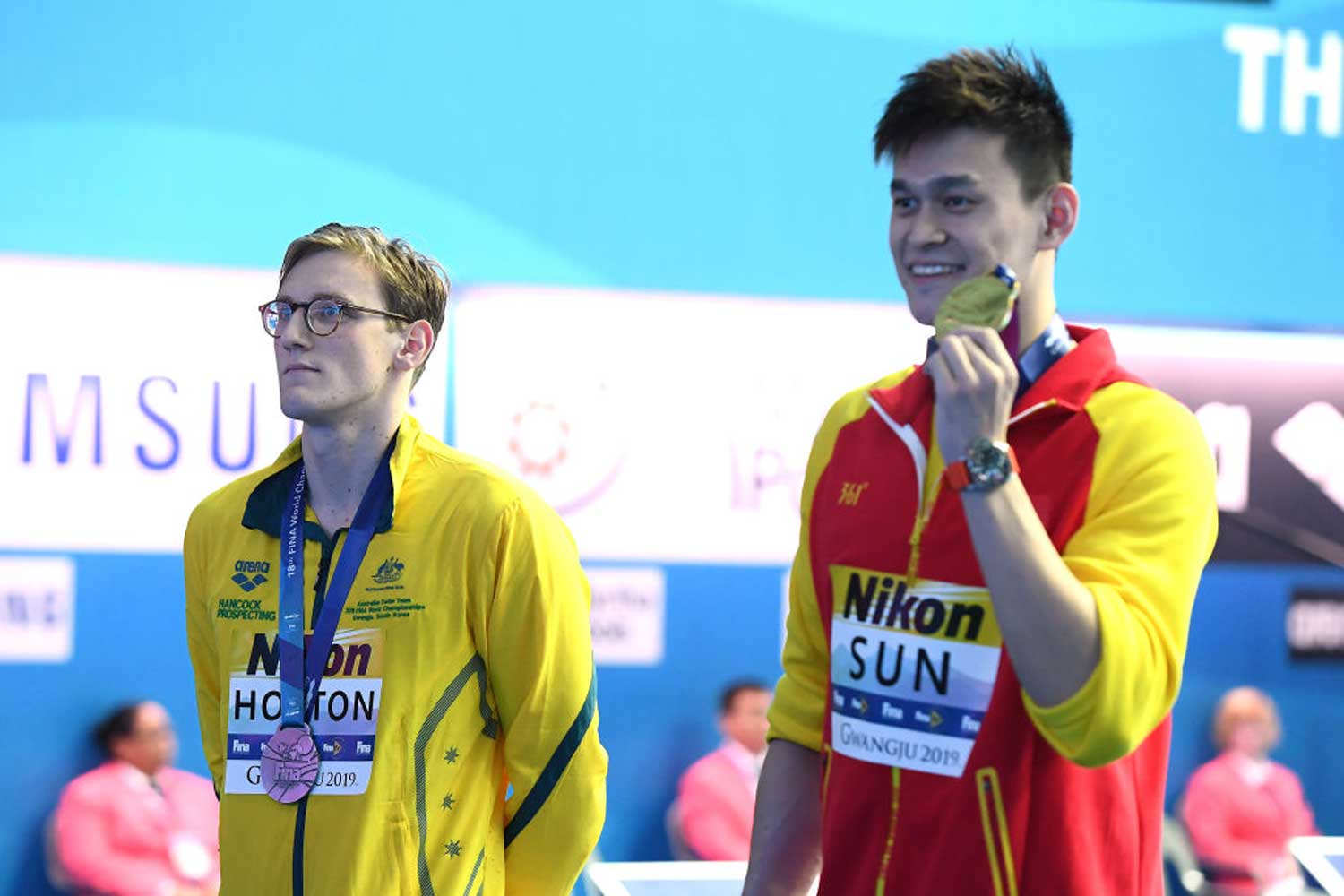
One of the most enduring images ever captured is that of Tommie Smith and John Carlos raising a black fist in protest at the 1968 Summer Games, with Australian runner Peter Norman standing beside them. The image is now iconic, as was the protest of the athletes which took place during the medal ceremony following the 200 metre race. The salute was a symbol of Black power, a nod to the human rights movement taking place around the world as racial tensions remained high. It was a moment for Carlos and Smith to take a stand and advocate for racial pride on a global stage – the biggest stage in the sporting calendar.
To this day, the image is one that continues to inspire generations. To consider sport detached from politics is to ignore the fact that athletes are multi-faceted humans, that they aren’t simply a mouth-piece for athletic sponsorships and endorsements, but rather have their own world views, struggles, and are advocates for important causes themselves. We’ve seen what can happen from the on-field protests from the likes of Colin Kaepernick and those in the NBA, but for those athletes heading to Tokyo to compete at the Olympic Games, protests will be out of reach.
It’s a staggering revelation, particularly given the context we now find ourselves in. Against the backdrop of the pandemic, racial tensions have escalated, particularly in the United States were Black Lives Matter protests continue in the wake of George Floyd’s murder, and countless others that have since occurred at the hands of police. Demands for change and police reform have galvanised the nation and just recently the world has come to understand the plight of Asian-Americans after targeted violence directed at the community. It seems that now, more than ever, athletes should be taking a stand.
The International Olympic Committee (IOC) had come under sustained pressure to relax Rule 50, which prohibits athletes from demonstrating on the podium, the field of play, or at opening and closing ceremonies. But rather than do so, they instead decided to keep the ban after a survey of 3,547 athletes from 185 countries found 70 per cent believed the field of play and official ceremonies were not an appropriate place for protest. In fact, 67 per cent supported a ban on podium protests.
The event has always claimed to be a unifying one, and naturally when athletes around the world are brought together, they bring their politics too. But according to the new guidelines, expressing political views can only take place at media conferences, team meetings and on social media. Athletes will be banned from “any political messaging, including signs or armbands” and “gestures of a political nature, like a hand gesture or kneeling” during play, opening and closing ceremonies, medal ceremonies, and at the Olympic village.
It’s a sad moment for the IOC. On sport’s biggest stage, you would surely want athletes to rise to the occasion, champion for change and give voice to human rights issues. But rather, it seems the IOC wants to reduce them to mere mouthpieces for endorsements and athletic sponsorships, perhaps knowing that to give in to athlete activism could hurt their bank account and image. For many though, refusing to allow such gestures is more damaging, and ignores the very foundation upon which the Olympics is built.














